
The new PDA (public displays of affirmation)
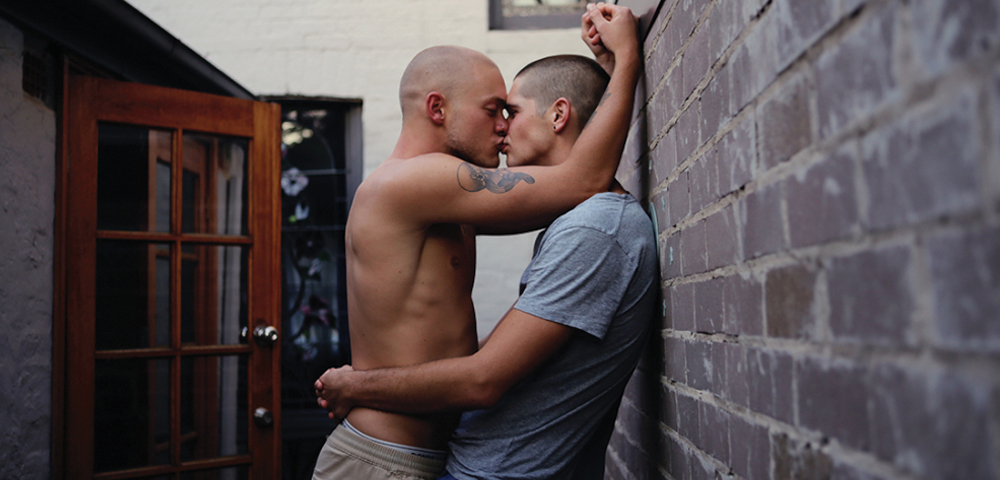
ACCORDING to Urban Dictionary, PDA can refer to one of three things: a public display of affection, personal digital assistant, or something being pretty damn accurate. For the purposes of this article, we’ll be adopting the first and most commonly used definition.
[showads ad=MREC]Why? Because sucking face in public tends to get a bad rap. I’ve had enough of it.
Let me start by disclosing that I get it. Before I met my boyfriend Brad, I suffered chronic singledom at a dangerous, red-warning-alert Bridget Jones-level. Not only was I unable to find a boyfriend, but I appeared to lack the inherent social competence long considered pre-requisite to most second dates. I couldn’t do the small-talk. I couldn’t do the sleepovers. I couldn’t do the sexy times.
Basically, I just couldn’t do it. Full stop.
Instead, I tried to epitomise the elusive power of one. I made the most of my weekends. I ate out and I slept in. I read good books and I developed bad vices. I lived for quiet Sunday mornings alone, free of the painful hangovers I so blindly associated with friends, fun, and lovers. Of course it was always then, as I sat alone with my coffee, toast, and regret, that I’d spot it: a young couple locked in passionate, thigh-clasping embrace at the next table. And yes, whether it was born from envy or a genuine repulsion of young love, the sight killed me ever so softly.
According to self-professed etiquette expert Debby Mayne of etiquette.com, “setting is an essential element to consider when you want to display your affection for someone”. But for those like me who were stuck in the audience?
“If leaving (the area) isn’t an option, or you really want to be there, you may politely ask the couple to hold off until later,” Mayne advises. However, given my acute social anxiety and fear of confrontation, this scenario was never really an option. So I did what any passive-aggressive, skim cappuccino Casanova would do. I quietly dealt with it.
It’s been three years since and, call me loved-up or naive, I view things a little differently now. In fact, I’m of the opinion that public displays of affection are essential to the continued growth of LGBTI acceptance in society. Let me explain.
I still remember the first time I witnessed a same-sex kiss. I was 13 and sitting in my family lounge room at 6.35pm when fictional characters Sky Mangel and Lana Crawford locked lips on Neighbours in 2004. Cue both a beautifully profound personal revelation and swift national outrage. In a response eerily similar to the recent Gayby Baby faux furore, the lesbian kiss sparked nationwide debate on the scene’s appropriateness to younger viewers.
“It just saddens me that we give our young people the message that all these relationships are okay,” said Peter Stokes, leader of evangelical Christian group Salt Shakers at the time.
One year later, as I sat nervously alongside my father in the back row of Dendy Newtown, Brokeback Mountain re-enforced this startling concept: sometimes boys kiss boys. Even, it seemed, when on “super masc” camping trips. Hallelujah. My insides eroded into a hot mess of butterflies as I felt my world being slowly pried open.
This is why the humble PDA can no longer be misconstrued as a case of TMI (too much information). If anything, when it comes to queer relationships, there isn’t enough information. We can’t allow for another generation of LGBTI young people to be introduced to same-sex love via top-secret Google searches, the Murdoch media, film industry, or pornography. It must come before that. It must be foundational.
Even today I’m occasionally confronted by my own brief, almost indistinguishable discomfort at seeing same-sex couples engaged in PDAs. As though it were still deemed socially unusual, my eyes linger for a heartbeat longer than normal and I’ll find myself turning for a double-take. But why? Why is it that I’m less irked by seeing a drunken alleyway blow-job than a genuine loved-up kiss? I suspect it’s psychological reverb from my teenage years, back when holding hands with a boy at the local Westfield was enough to ignite a whispered chorus of “oi, faggots!”
That’s why we need more of it — to further normalise love and affection in whichever gender configuration it happens to arrive.
These aren’t just public displays of affection — they’re public displays of affirmation. They’re a simple way of displaying an abundance of pride in both who we are and who we love. And every time an impressionable young person sees a same-sex couple kissing or being otherwise affectionate in public, it helps to assemble their own balanced image of what love is.
So, pucker up.
Samuel Leighton-Dore is a Sydney-based writer and director. His best-selling eBook Love or Something Like It is available now and his children’s book I Think I’m A Poof can be purchased here.
Samuel is also one half of lifestyle blogging team Homos On Hiatus. Visit homosonhiatus.com or follow @HomosOnHiatus on Instagram.
Follow Samuel on Twitter via @SamLeightonDore
________________
**This article was first published in the October edition of the Star Observer, which is available to read in digital flip-book format. To obtain a physical copy, click here to find out where you can grab one in Melbourne, Sydney, Brisbane, Adelaide, Canberra and select regional/coastal areas.
[showads ad=FOOT]




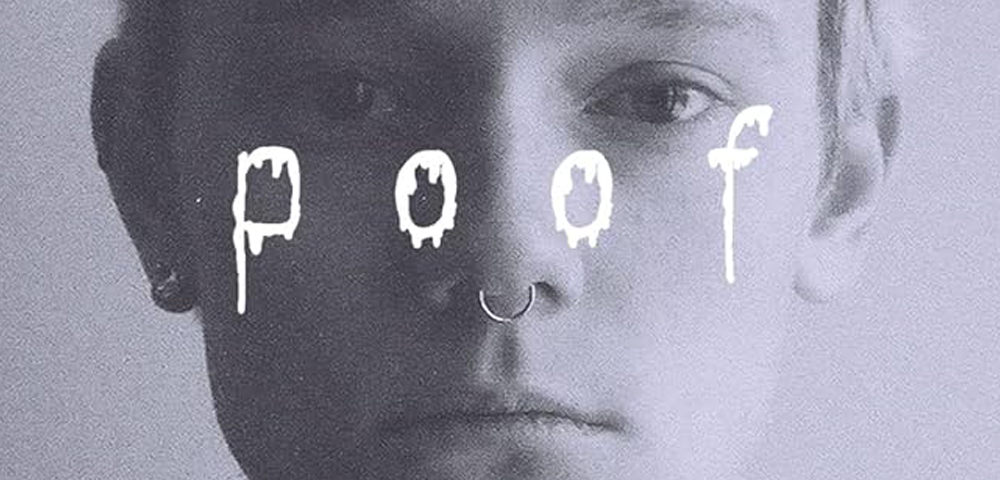
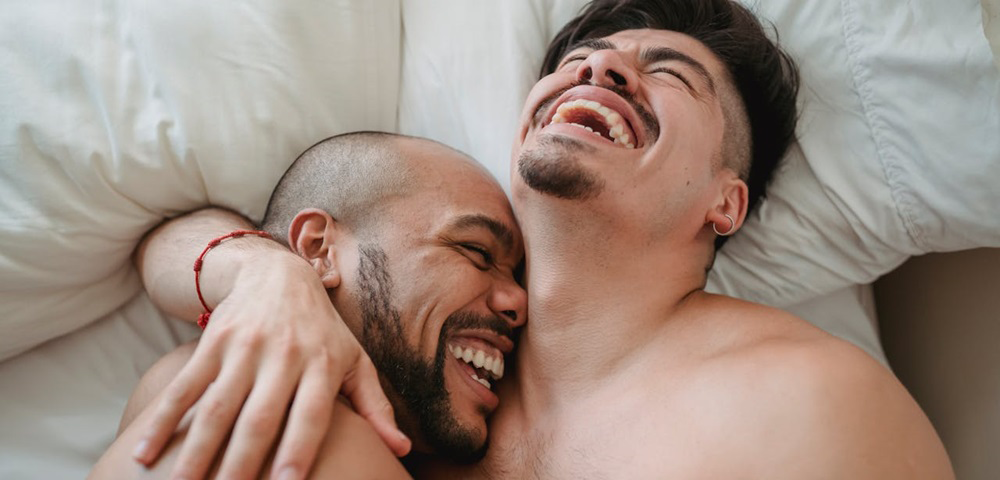

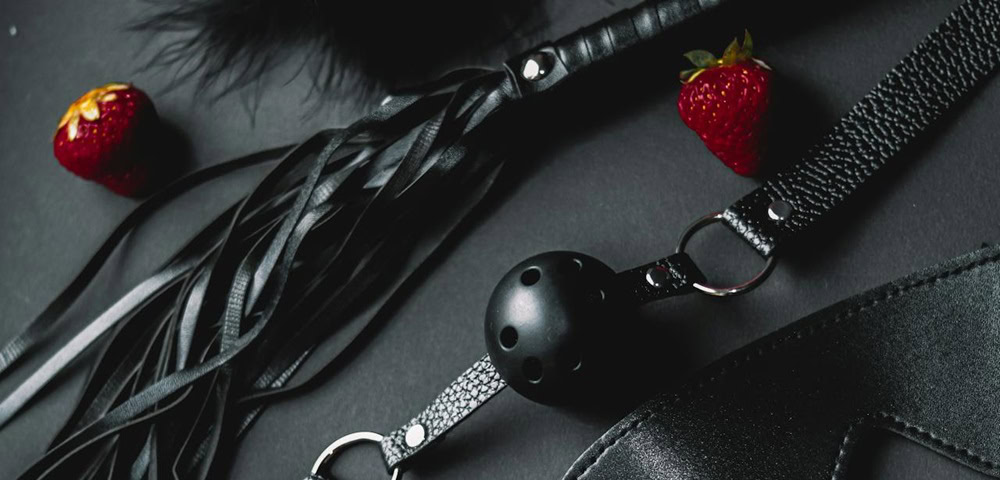
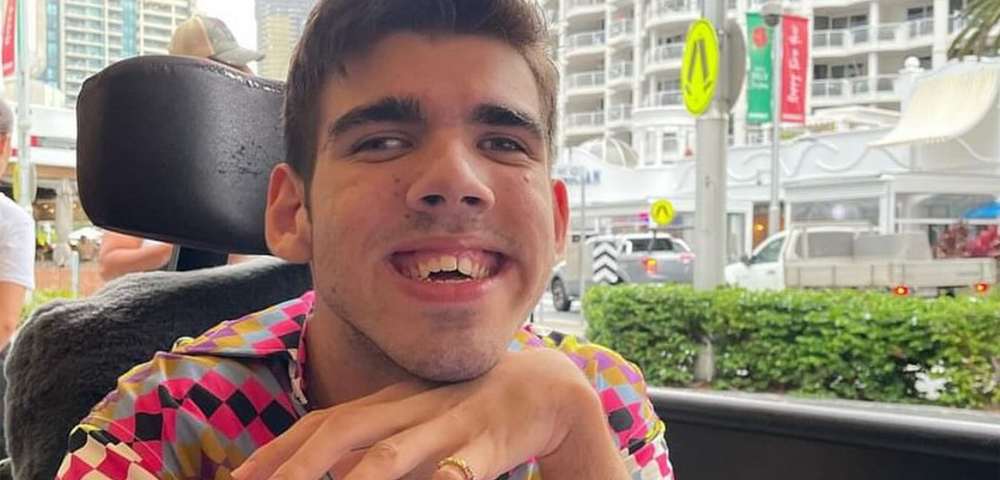

If it is good enough for the mixed gender members of my family – or anyone else’s to show their affection in public in this day and age of, almost, Full Equality then it would be good enough for me and my partner (if he were still alive) to do so. Strange isn’t it? Footballers (probably the most macho of all sportsmen/women can hug & cuddle & yes, even kiss , (on the cheek of course, though I bet many of them do the full mouth/tongue job in private) on the oval but let any GLIBTQ couple do it and they, like so many others, throw their hands up in disgust.
Cheers, Rob